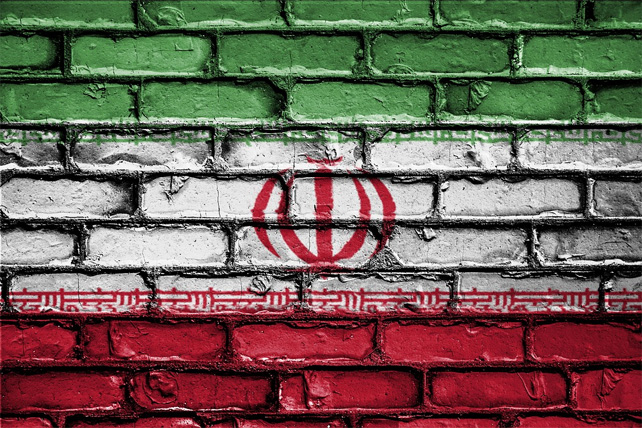The top drug cop in the Iranian capital has criticised the state’s approach to drug use, and has said that drug dependency is a matter for medical professionals, not law enforcement.
Mohammad Bakhshandeh, the chief of Tehran's counter-narcotic police force, said that it was a waste of law enforcement’s time to prosecute and punish people for drug use. According to Radio Farda, a Persian language broadcaster, Bakhshandeh denounced the arrest of 7,400 “unabashed addicts” in the city during recent months as a futile effort at reducing problematic drug use.
“If we push drug addicts out of Shoush and Harandi, they will not go to the moon”, he quipped, referring to two areas in Tehran, “they will merely migrate to another neighbourhood”.
Speaking at a session of the Councils for Coordination of Fighting Drugs Across Iran on May 7, he added that responsibility should be reallocated: “If we have accepted the fact that addicts are not criminals and consider them as sick individuals, we should also accept that it is municipal and health departments’ duty to look after them, not the police’s”.
There are an estimated 200,000 people who inject drugs in Iran, according to a recent report published by Harm Reduction International (HRI), but the government estimates that 3 per cent of the country's population – or around 2.4 million people – use some kind of illegal drugs. A large number of those who inject drugs use heroin, which enters the country through its border with Afghanistan – the world’s largest producer of opium, the plant from which heroin is manufactured.
People who use drugs in Iran continue to face harsh punishments, including fines and incarceration. However the country also has some of the most progressive harm reduction programmes in the Middle East. According to HRI’s report, the Global State of Harm Reduction 2016, Iran is the only country in the region to have "consistently scaled up harm reduction services" over recent years, including needle-syringe programmes and opioid substitution treatment.
As Bakhshandeh has alluded to, this is part of a gradual move in Iran to identify people who use drugs problematically as being in need of help, rather than as criminals.
Iran’s continued support for harm reduction services will likely help reduce the harms of problematic drug use, including the country’s high rates of HIV and Hepatitis C among people who use drugs, but this may not be sufficient. A shift to a health-oriented approach, such as that advocated by Bakhshandeh, could prove more successful; famously, the decriminalisation of drug possession in Portugal in 2001 led to a reduction in rates of problematic drug use, drug-related deaths, and other drug harms.
The national government has not publicly supported an end to the criminalisation of people for drug offences, but it has indicated that it is aware of the current approach’s failings. Abdol Reza Rahmani Fazli, the interior minister, said in early May that the “institutions and authorities responsible for the campaign against addiction and illegal drugs [should be] impeached” for their failure to prevent a rise in problematic drug use.


